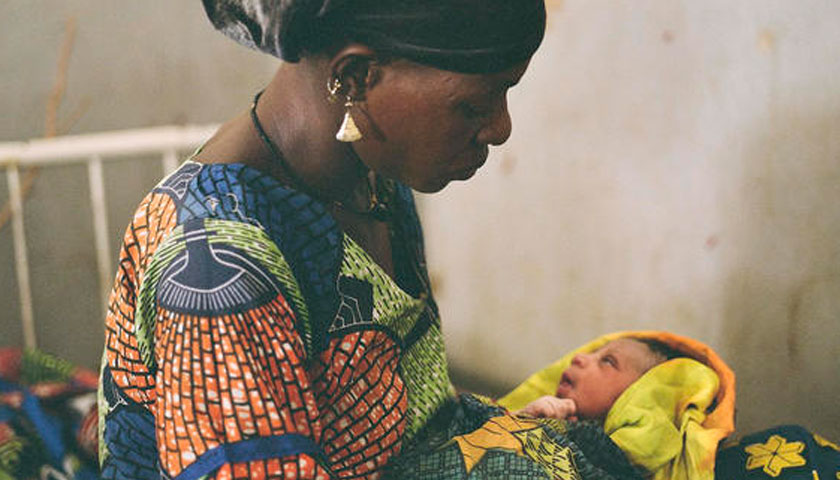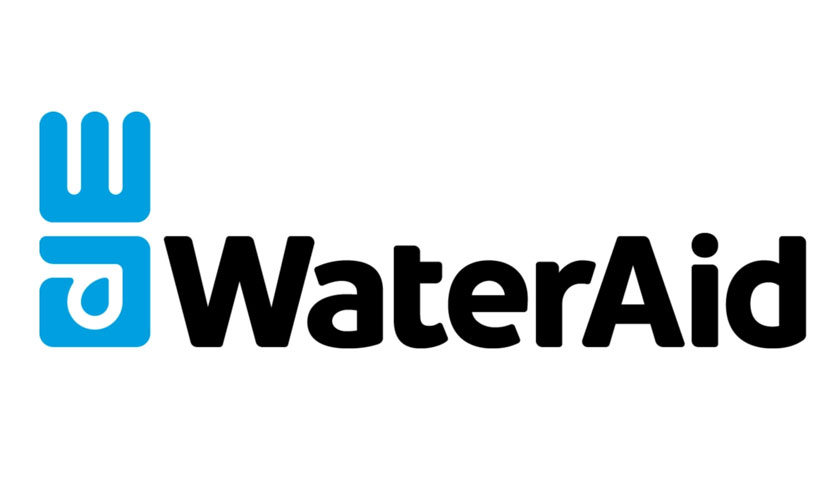A health centre in rural Mali that relies on just 7 litres of dirty water per patient for all its cleaning, drinking and washing needs will get lifesaving water and sanitation facilities as part of WaterAid’s winter appeal, The Water Effect.
Talo health centre is among the one in three hospitals in the world’s poorest places that don’t have water, and the one in five without decent toilets.
The three staff members at Talo health centre – the health director, midwife and pharmacist –currently make around five trips a day to collect water from a pump 300m away that only works for a few hours a day. When it runs out, they use traditional hand dug wells where the water isn’t safe.
They struggle to keep the environment, equipment and even their hands clean with no official cleaners other than volunteers who come to clean the health centre weekly, and just 114 litres a day for treating an average of 15 patients. That equates to 7.5 litres of water per patient per day, which is around the same amount of water used in the UK to flush a toilet. The average Brit uses around 150 litres of water per day, while the NHS in England uses about 165 litres of water per patient per day.
Salimata Dagnogo, 32, the matron at Talo, said:
“We have to collect water either from the pump at the school or elsewhere; even if it is very late at night. The water problem is really the biggest issue we have as we can’t make sure we meet all the hygiene standards, for example, we cannot clean the health centre every day because there is not enough water. If we had a water source and taps in the delivery rooms, we would be able to wash our hands at any time, and we could meet the hygiene and sanitation standards.”
Without clean water, decent toilets and good hygiene, it’s impossible to stay healthy and medical staff can’t deliver quality care, putting the lives of patients in danger. Every minute, a newborn baby tragically dies from an infection caused by dirty water and an unclean environment, while 800 children die every day from related diarrhoeal diseases.
By supporting WaterAid, the British public can help people like Aissata, who gave birth to her fourth daughter at home as there was no one to take her to the health centre, but was taken later to Talo health centre to be treated as she was unable to pass her placenta.
Aissata, 32, said:
“The health centre doesn’t have water, the workers collect it from the pump at the school, which is only open until 11am, so if you want to collect water after, you have to use the traditional wells, where the water is not clean. Many children get diarrhoea because of this water.
“It would bring many changes if we had clean water. Coming for delivery when water has to be collected from very far away is not good. Even when we come for vaccinations, we have to walk a long way and we are often thirsty or the children might be thirsty and there is no water. So the day there is water here, we will be very happy, all women will dance.”
Helen Hamilton, Senior Policy Analyst at WaterAid, said:
“It’s hard to imagine that health centres and hospitals have been built without such basic facilities as clean water and decent toilets and handwashing facilities. This lack of human rights makes it impossible for medical professionals to provide safe, dignified, quality care for all, and increases the risk of healthcare-associated infections, as well as sepsis in newborns and their mothers. Furthermore, hospital infections are the third major driver of antimicrobial resistance globally.
“While there has been progress in acknowledging the importance of clean water, good sanitation and hygiene in health provision, such as the development of a Global Action Plan, tools from the World Health Organization, and national guidelines, the issue must be tackled across all elements of the health system. What we need now is more leadership, long-term financing, accountability and action.”
WaterAid Chief Executive Tim Wainwright said:
“It’s simply unacceptable that in the world’s poorest places, more than one in three hospitals and clinics do not have clean water and almost one in five have no decent toilets
“WaterAid believes these basic human rights should be normal for everyone everywhere. That’s why we’re putting clean water, decent toilets and good hygiene at the heart of healthcare, helping transform thousands of lives by create a powerful ripple. Mothers can give birth more safely; healthy children can go to school and fulfil their potential; and parents can work to support themselves and their families. That’s the water effect.”
Through The Water Effect, WaterAid aims to raise £1.5 million for health centres across the world. To find out how you can support the appeal, visit www.wateraid.org.

